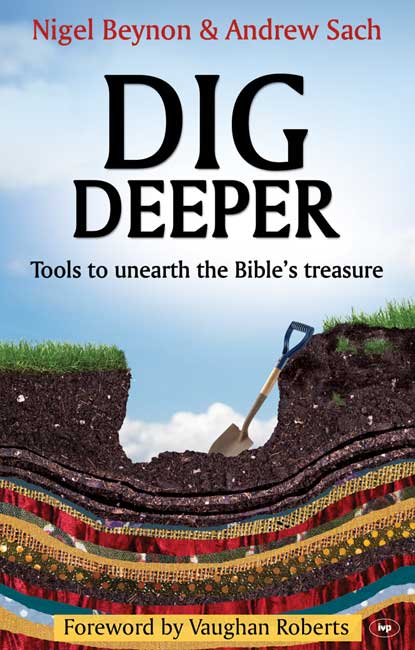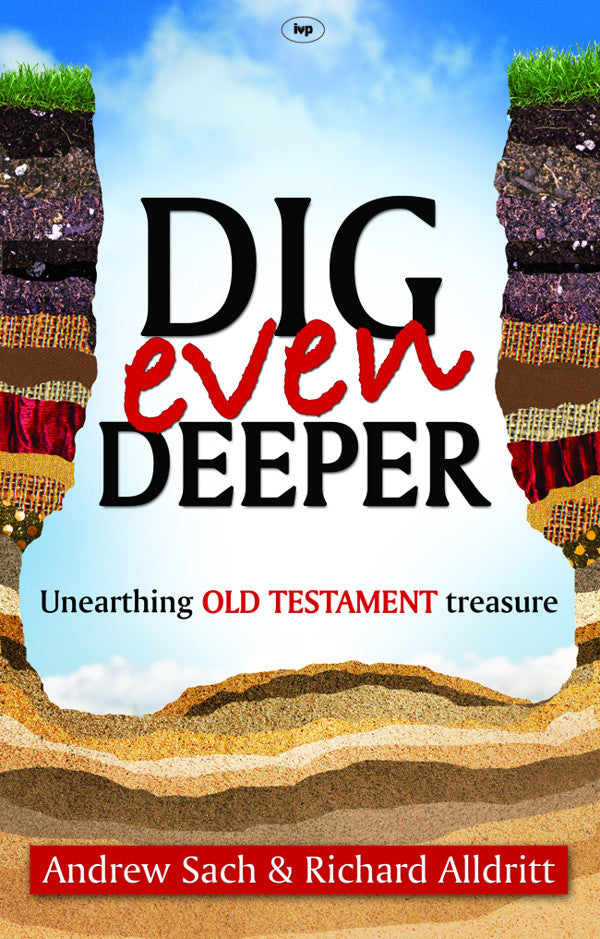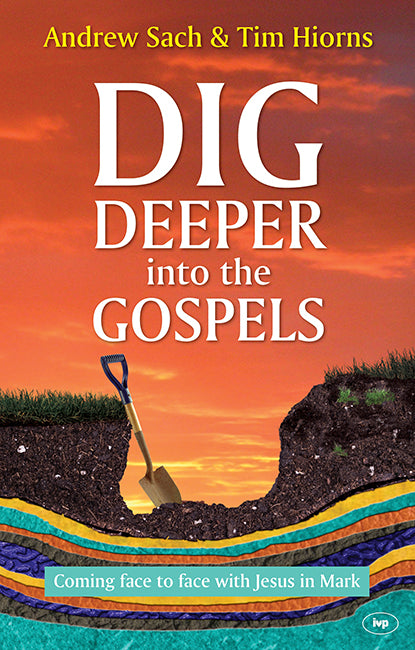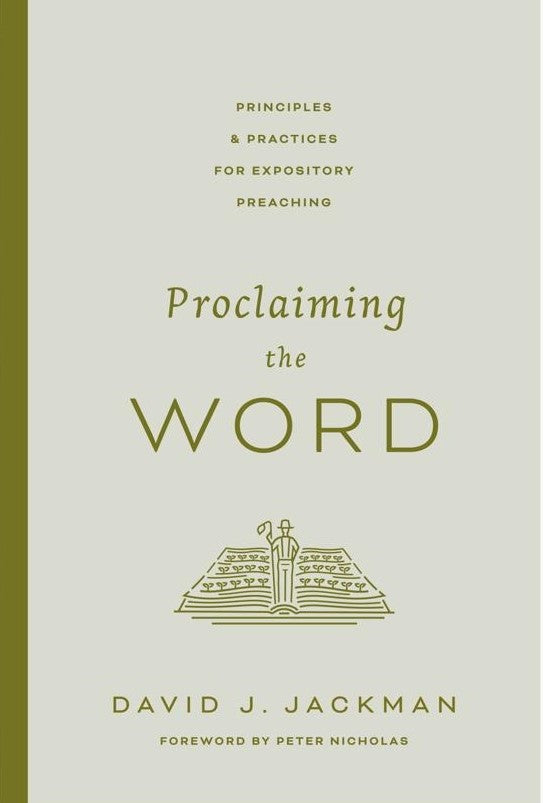Foreword for Life from the Living Word by Stuart Creed
FOREWORD
Some years ago a man called J B Phillips was working on a paraphrase of the New Testament, and he explained that it was like working on the mains electricity of a house, but doing so with the electricity still switched on! It was an “electric” experience. The book was “live”, it was powerful and energising.
Martin Luther said something similar: “The Bible is alive - it has hands and grabs hold of me, it has feet and runs after me.” And of course, the Bible itself is full of dynamic descriptions of the Word of God. Jeremiah said the Word was like fire in his bones, or like a hammer that breaks a rock in pieces. Paul described it as the sword of the Spirit. Jesus said that the Word was the seed which produced a wonderful harvest.
Then we must add the lovely story in Luke 24, when two disciples were walking home to Emmaus after Jesus’ crucifixion in Jerusalem and were joined by the risen Jesus. Luke explains that the disciples didn’t recognise him, and Jesus deliberately chose not to reveal himself, other than through the Old Testament Scriptures. “He explained to them what was said in all the Scriptures concerning himself.” In other words, it was through Scripture that they encountered the living Christ.
The reason why we seek to understand the Bible and explain it to others is because we believe God’s Word has the same dynamic impact today. It transforms lives, because it draws us into a living relationship with the author, with God himself.
I can say with certainty that it is this fundamental conviction that has motivated Stuart Creed to write this book. Throughout the following pages we will come to understand the truth that all Scripture is God-breathed, and therefore it is authoritative and powerful. This is the most important reason for giving our time and energy to understanding and explaining the Scriptures: it is a matter of life and death.
Alongside this fundamental reality, the following pages take seriously a second significant truth: that the Bible is written by human authors. We often refer to the Bible’s dual-authorship - the many human authors who wrote under the inspiration of the one divine author. In turn, this demands both a humble submission to the Lord of the Word, and a careful study of what the human authors themselves recorded so skillfully.
That’s why Stuart’s book is particularly valuable. Founded on the conviction of the life-giving power of Scripture, it is an accessible handbook that opens up the key ways in which we can understand what the human authors were saying. By understanding their cultural context, their place in history, their writing style and their deployment of images and ideas, we come to understand their message, and why that is so significant for our own culture and our own day.
Let me give a few hints for reading this helpful resource. First, the author repeatedly urges us to read the Scriptures themselves - to read, and to read, and to read! This is the first and most important discipline that will help us understand and apply the Bible. No short-cuts! Might I encourage every reader to look up the Bible references and work on the passages which are suggested in each chapter. One of the helpful features of the book is the many examples used in every section, as well as well-chosen exercises to work on, ranging across both Old and New Testaments. Please do work on these passages, since they are windows which allow us to understand what the Bible authors were saying, and provide a model for our careful reading of different parts of the Bible.
Second, the book is built around the three important disciplines of “observing, understanding and applying”. This is the simple but demanding journey we must take with every Bible passage, and the book will help us with each step, using some key questions and memory aids. As I worked through the book, I realised that this is probably not a book to read in one session (though that would be worthwhile), but a book to have alongside your Bible as you work on different sections week by week, practising the exercises which the author so helpfully provides. The book is best read slowly because it is packed with many valuable study ideas. Many of them can be found in other books, but rarely in such a concise and comprehensive format - it is like having a small library in your hands, a one-stop shop for some of the most important ways to understand and apply Scripture.
And third, it is a book which provides much encouragement along the way, so that we will not feel overwhelmed or disheartened, but will begin to see the illuminating and life-changing truth embedded in every corner of the Bible.
So if we would like to understand both the grand sweep of the story-line of the Bible alongside the rich details and insights of its individual sentences, and if we long to experience its life-giving power and want to be equipped to explain its truth to others, then here is an engaging resource to help us.
Like J B Phillips working on the New Testament, or like the early disciples from Emmaus, I am sure that, as we read the Scriptures using the guidance of this book, there will be moments when we too will encounter the Lord Jesus and will also exclaim: “Were not our hearts burning within us while he talked with us on the road and opened the Scriptures to us?” (Luke 24:32).
Jonathan Lamb
Minister-at-Large,
Keswick Ministries

Dig Deeper
By Andrew Sach and Nigel Beynon
A straightforward, user-friendly guide to how to read the Bible - dig deep into God's word for yourself.
'Correctly handle the word of truth,' says 2 Timothy 2: 15.
Using these 'tools' will enable you to get to the bottom of many Bible passages and help you to discover their true meaning.

Dig even Deeper
By Andrew Sach and Richard Alldritt
Using the tools of "Dig Deeper" this volume takes the reader through the book of Exodus to further train in how to unearth the Old Testament's treasure.

Dig Deeper into the Gospels
By Andrew Sach and Tim Hiorns
Using the tools of "Dig Deeper" this volume takes the reader through the book of Mark to further train in how to unearth the treasure of the gospels.

Proclaiming the Word
By David Jackman
In this convenient handbook, David Jackman offers readers the basic principles of biblical exposition that will equip them to faithfully study, prepare, and deliver sermons and Bible talks.
